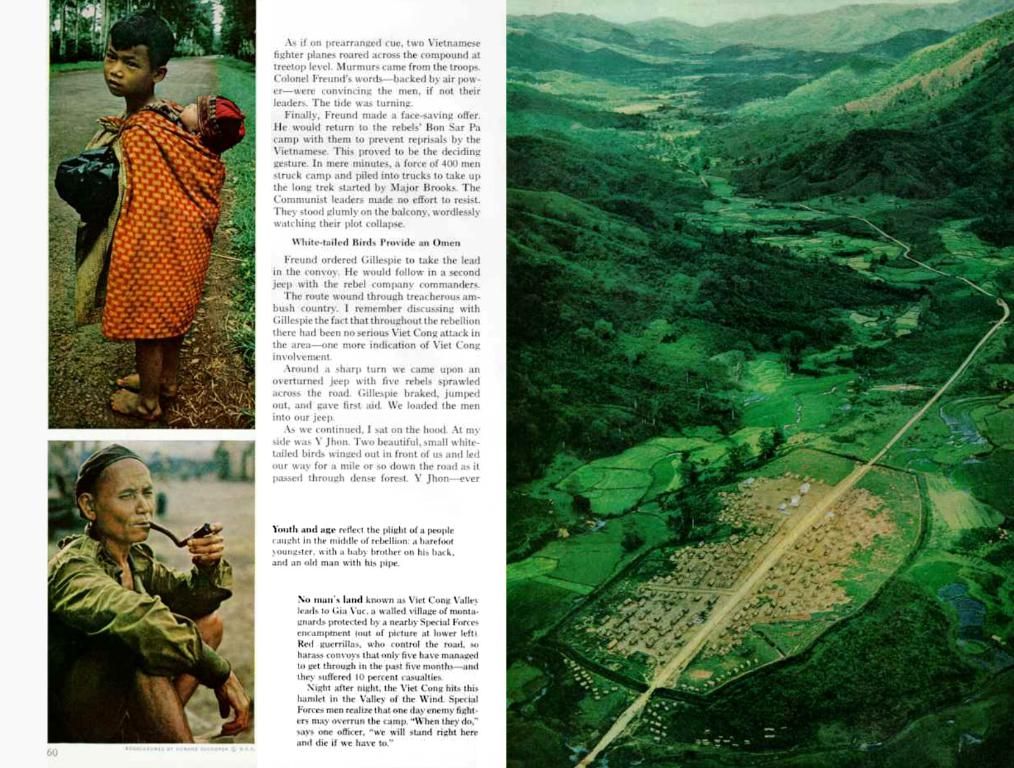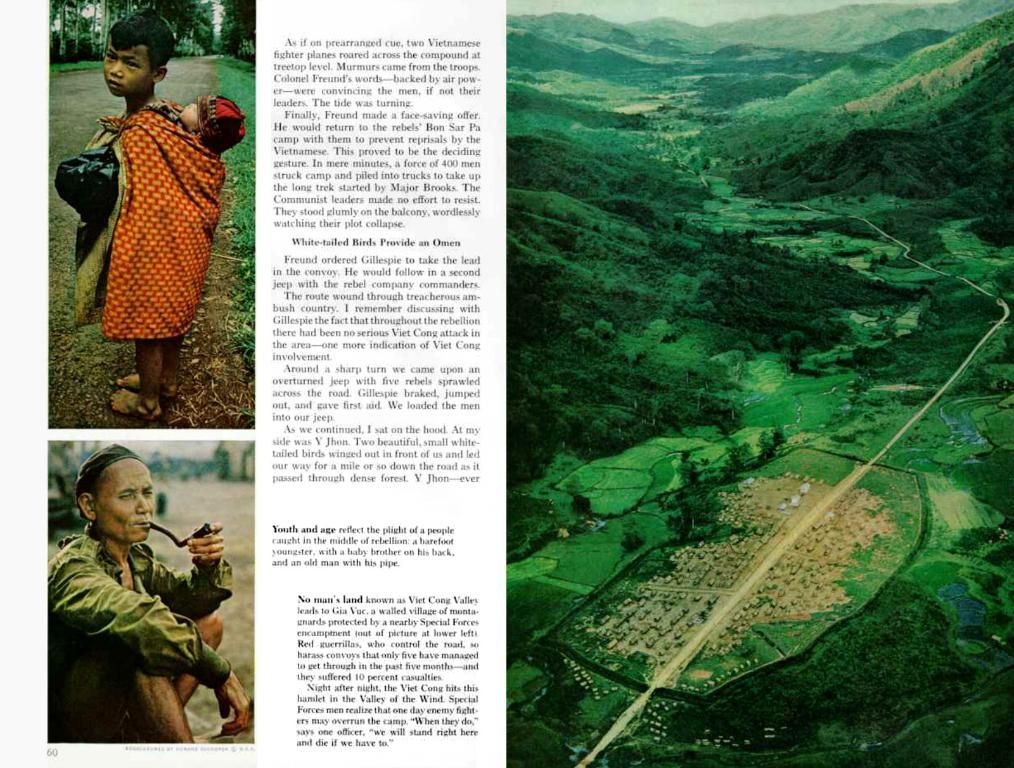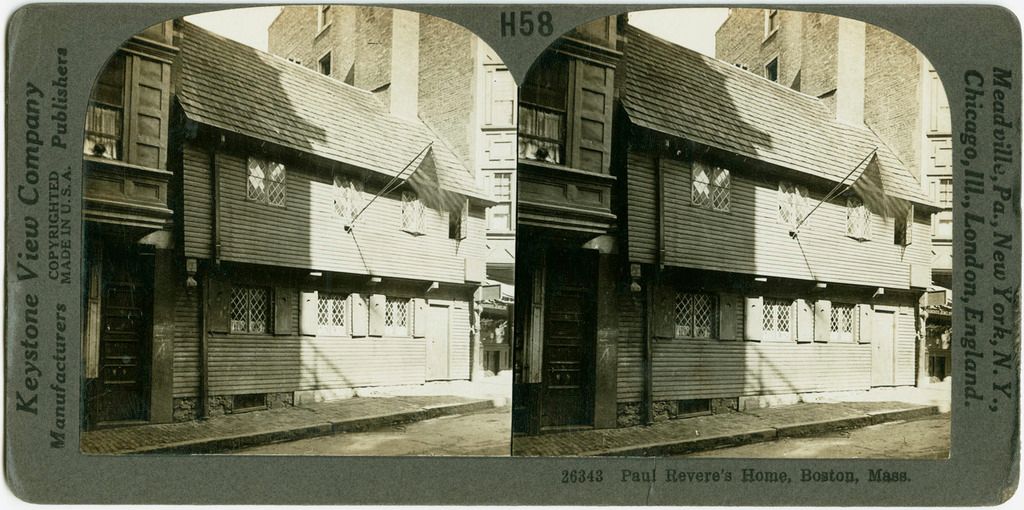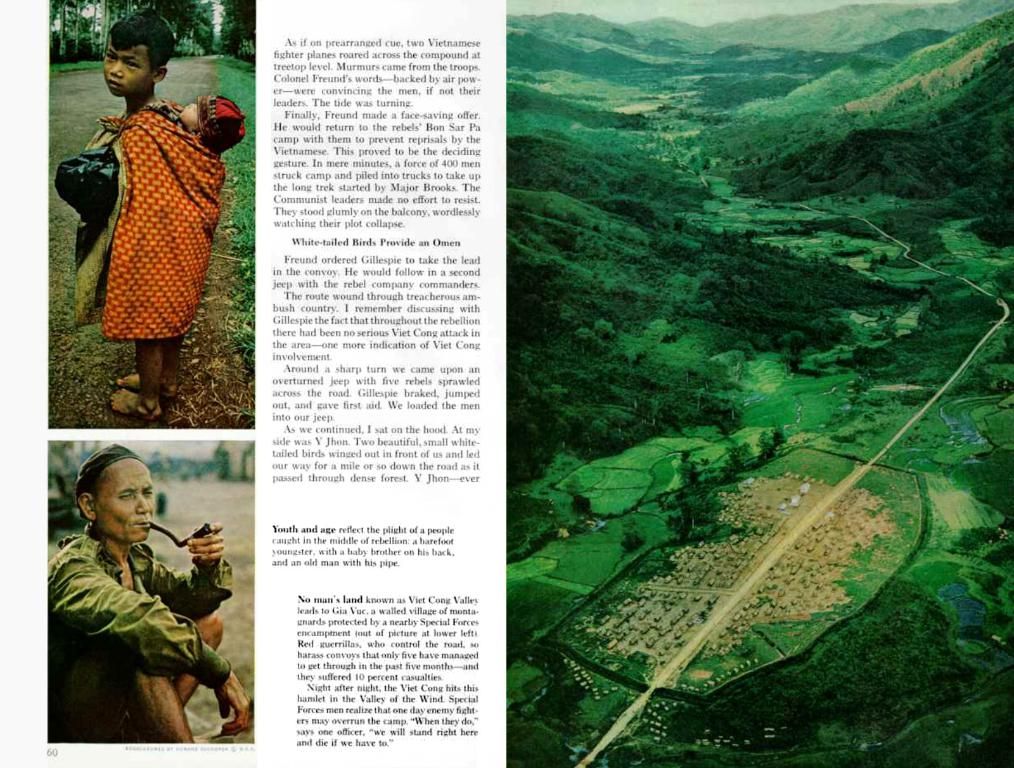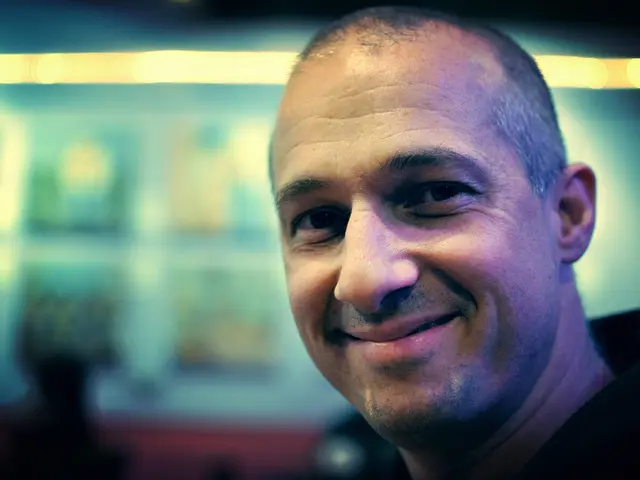Romania's presumptive ultranationalist leader, George Simion, moves forward in political power.
In the whirlwind of Romanian politics, George Simion, the combative frontman of the Alliance for the Union of Romanians (AUR), has been making waves with his ultranationalist, far-right viewpoints. After Călin Georgescu was barred from contesting the presidential election, Simion didn't mince words, declaring that those responsible for the ban should be "skinned alive in the public square."
Simion seems to have appeared from thin air, rising unexpectedly to win the first round of the presidential election last November, only to have the result annulled due to campaign finance violations and accusations of Russian interference. Seizing the moment, Simion entered the fray, tapping into the public discontent with Romania's corrupt political establishment.
Now, with a stunning 41% of the vote in the first-round replay, Simion is set to take the presidency in a May 18 run-off. From his office in the ornate former palace of Communist dictator Nicolae Ceaușescu, Simion, at just 38 years old, discusses his mission for change.
While details of Simion's early employment history are sparse, he first made a name for himself in 2012 as a nationalist firebrand advocating for the reincorporation of Moldova into Romania and claims over parts of south-western Ukraine. He has downplayed Russia's threat to European security and called for a halt on aid to Kyiv.
Some see Simion as a paragon of mob mentality — a former football hooligan co-founding a band of violent ultras with a history of racist slogans and disruptive match behavior. "He's got that fighter mentality, that victim mentality," admits a western diplomat.
Forming an alliance with the globalist liberal elite is far from Simion's agenda. He styles himself as a Christian patriot, championing family values and the nation-state against the perceived domination of globalist powers. While it's become an electoral liability for some right-wing politicians, Simion embraces his links to Donald Trump as an asset. His meetings with Trump sympathizers and attendance at events such as the Conservative Political Action Conference (CPAC) solidify his standing within the broader international populist movement.
However, it's difficult to discern exactly what Simion's policy positions entail. Proclaimed as "very slippery" by an expert on Romanian politics, the cryptic leader's unwavering tough talk and ambiguous policies have at times been more showmanship than substance.
AUR's rise to prominence was fueled by Simion's anti-vaccine campaigning, along with calls for the nationalization of energy utilities and promises to build hundreds of thousands of affordable homes despite a 9% fiscal deficit. Simion hopes to install ultranationalist Georgescu as prime minister or even president if the Romanian people agree in a referendum, asserting that the people's vote cannot be nullified.
Investors have been rattled by his potential victory and the ensuing political crisis. As the coalition government crumbles, Romania is forced to withdraw a bond auction, and the currency slides against the euro. Sensing victory, Simion has toned down his language, affirming his commitment to NATO and the EU, asserting that his earlier provocative statements were merely attention-grabbing tactics.
AUR senator, Petrișor-Gabriel Peiu, insists that Simion would not be pro-Moscow. "We are not enthusiastic about Ukraine," he says. "But that does not make us pro-Russian. We always recognized the Russian threat."
Certainly, Simion's flamboyant gestures have caught the public's attention. Gifting flowers to a rival candidate and walking off a debate stage left a more indelible impression than any words he spoke. Simion's Growing popular support stems not from personal affection but from the anger held by many Romanians towards the political elite, resenting unequal economic development, pervasive corruption, and poor public services. Romanian officials complain that this discontent is patronized and further fomented by a torrent of misinformation on social media, a medium that AUR has skillfully leveraged.
"It is not that people like Simion or believe Simion," says Sorin Ioniță, an analyst at the Expert Forum think-tank in Bucharest. "It is a revenge factor, and it might still work." As Romania stands at this crossroads, the question remains whether Simion's incendiary charisma will drive the country further into nationalist extremism or usher in a new era of change.
This article sheds light on George Simion's nationalistic agenda, aggressive rhetoric, and questionable policies. Despite the ambiguity surrounding his actual ideological commitments, his rise to power in Romanian politics has undeniably fueled the resurgence of far-right, ultranationalist sentiments in the region.
- George Simion, the leader of the Alliance for the Union of Romanians (AUR), is set to take the presidency after securing 41% of the vote in the first-round replay, despite campaign finance violations and accusations of Russian interference.
- Simion's ultranationalist, far-right viewpoints, initially unleashed in 2012, advocate for the reincorporation of Moldova into Romania and claims over parts of south-western Ukraine.
- Some view Simion as a paragon of mob mentality, a former football hooligan with a past of racist slogans and disruptive behavior.
- Far from forming an alliance with the globalist liberal elite, Simion styles himself as a Christian patriot, championing family values and the nation-state.
- Simion's policy positions are often ambiguous, earning him the label of "very slippery" from an expert on Romanian politics.
- AUR's rise to prominence was facilitated by Simion's anti-vaccine campaigning, promises of nationalizing energy utilities, and pledges to build affordable homes despite a large fiscal deficit.
- Investors are rattled by Simion's potential victory and the ensuing political instability, as it may lead to a withdrawal of bond auctions and a currency devaluation against the euro.

